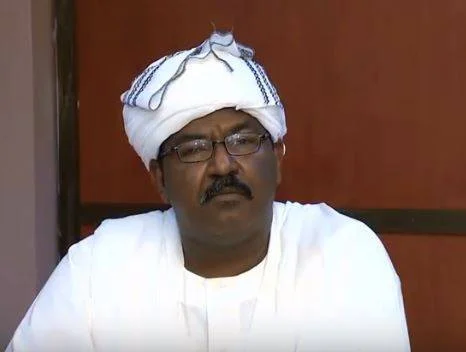Cooperation… (Different Meanings)…!!

By Al-Tahir Sati
:: After the occupation of Austria, Napoleon inspected his soldiers, reveling in his victory. Suddenly, he was surprised to find an Austrian soldier among his troops—a man who had been acting as a spy. Napoleon ordered his general to reward the Austrian soldier with money as a token of appreciation for his betrayal of his comrades and his homeland.
:: However, the traitorous soldier did not seek money at that moment. Instead, he pleaded with Napoleon, saying, “I only want to shake hands with the Emperor.” But Napoleon stepped away, saying, “Sorry, I do not shake hands with traitors.” Such were the principles of a true leader.
:: The treasonous acts of the Austrian soldier did not shake Napoleon’s moral and ideological convictions. No matter how loyal and devoted a spy or an agent may be, in the end, they remain a traitor. Their reward is nothing more than a handful of money—not status or honor.
:: It was Napoleon himself who once said, “A traitor to his country and people is like a man who steals from his father only to give it to a thief—neither will his father forgive him, nor will the thief thank him.” This is the same fate of those who embrace the Dagalo militia abroad, just as it applies to those who collaborated with them inside the country.
:: There is no difference between rebellion and its masked enablers who claim neutrality and chant “No to war.” There is no difference between the Dagalo family and Burhan Nasser, nor between Al-Nour Qojah and Ibrahim Mirghani, for example. The people will certainly deal with every militia supporter as they deserve.
:: As for those we call “collaborators,” they are, in reality, rebels. They are no different from the Janjaweed, and neither the army nor the people should treat them any differently. Extermination is the most fitting punishment for them all.
:: Indeed, those who guide rapists to where the women are, those who point out the homes of war veterans and unarmed civilians to be killed or captured, and those who lead thieves to people’s houses and vehicles so they can be looted—such individuals do not deserve to live.
:: The collaborator with the Janjaweed in the neighborhood is more visible to the locals than Hemeti and the Dagalo family themselves. No matter how much they hide behind organizations or flee to neighboring countries, they will never be able to conceal themselves from their own communities or escape justice for their crimes.
:: We have seen fathers disown their collaborating sons, brothers sever ties with brothers, and uncles reject their nephews. Yet, some still weep for the collaborators. But no one mourns a collaborator who meets their fate—whether death or imprisonment—except another collaborator. They do not weep out of love or mercy, but out of fear of facing the same destiny.
:: Ultimately, war brings no benefits. But if there is any gain from the “Battle for Dignity,” it is that it has exposed the neighbors who guided the enemy, the politicians who harbored them, and the rulers and princes who supported them. They may differ in size and influence, but they all collaborated to become enemies of the Sudanese people.



